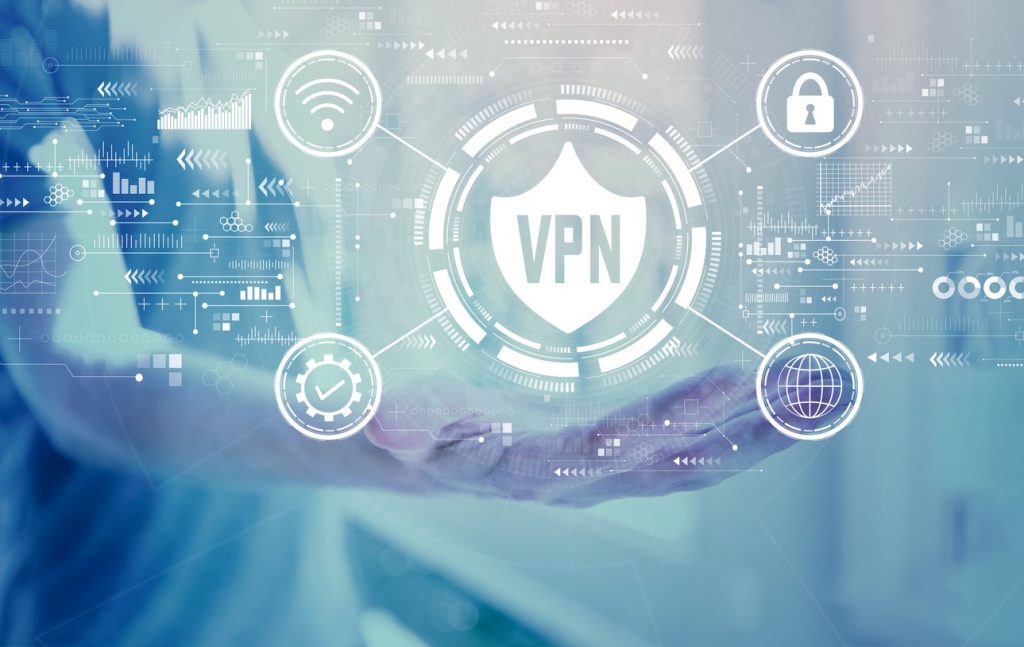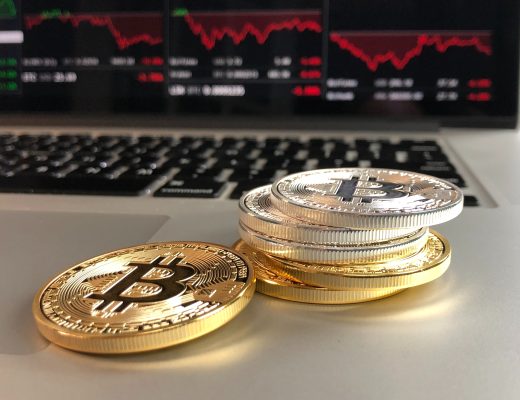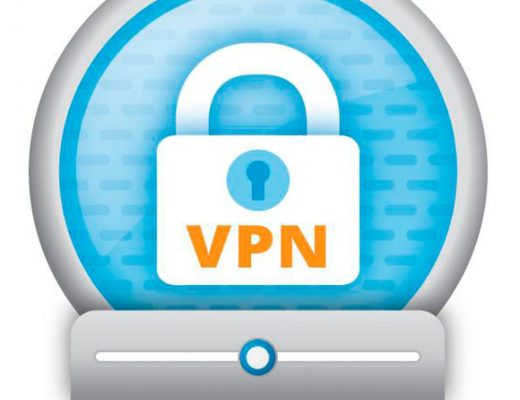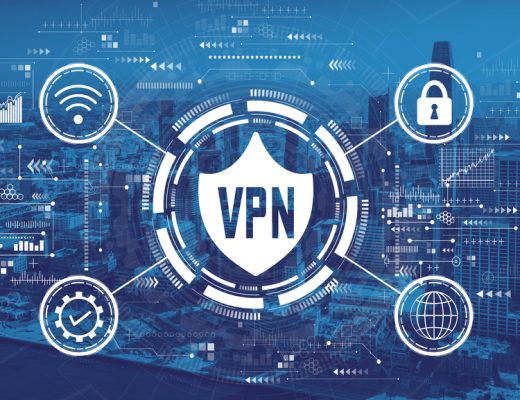A VPN’s principal aim is to conceal your internet behavior. VPNs are commonly used to protect public networks from intruders and snoopers. Still, they can also be used to hide your IP address, surfing activities, and personal details on any Wi-Fi connection. A private VPN service or service is intended for an individual’s usage rather than corporate use. It’s being used to create and defend a person’s homes and offices network, as well as any linked devices, from possible threats or exploitation. You’re always anonymous, and no one can see what you’ve been doing online, from cybercriminals to federal officers. If you are interested, learn about Surfshark VPN here!
What really is a personal VPN?
End can use a personal VPN to construct a VPN tunnel connecting their gadgets and a distributed server, such as a private VPN that connects an individual’s smartphone, computer, or laptop to their office computer, server, and network. The tunnel establishes a secure and secured communication channel, protecting all data sent or received from thieves and snoopers. Individuals can also use it to surf discreetly, with their IP and whereabouts hidden. As a result, your internet persona is unobtrusive, allowing you to access the Internet safely and anonymously.

By accessing the internet, you subject yourself and your company to cybercriminals and criminals who can steal everything from private details to web surfing history to credit card info.
So, when it comes to securing yourself and your company online, you might have considered using incognito mode or a VPN. This software safeguards your data by masking your device’s IP address, encrypting it, and routing it over secure systems to computers in other states or countries. Purchasing a VPN is worthwhile, particularly if you appreciate privacy online and security while browsing the web.
Reasons why you should opt for a personal VPN
- If you routinely use public WiFi connections, you have no way of knowing who else is using it. There’s also a chance that hackers are intercepting data on that Wifi connection.
Public Wi-Fi is convenient, but it compromises security. Someone may be watching your online behavior when you’re checking emails at a neighborhood coffee shop or reading through social networks at the airport.
While using other networks, a VPN safeguards your data by disguising your browsing history, financial data, password hashes, and more from malicious strangers online.
- You are much less likely to be assaulted by strangers when using your home Wi-Fi than using a public connection. Your information, however, is still at risk. Even if you choose the “private” browsing mode, this information can be gathered and sold to marketers and can be harmful in the hands of the wrong people in the event of a data leak. ISPs hold large amounts of information about you and your internet habits. Your IP address can be hidden from your ISP with the use of a VPN.
- Apps and websites will be unable to attribute your actions to your computer’s IP address if you use a VPN. It also has the ability to restrict the gathering of your geolocation and browsing history. VPNs are particularly useful if you live or visit outside your home country. Because websites are localized to your present location, you might find yourself using sites in various languages if you don’t utilize a VPN. You could use your VPN to connect to a foreign location and view TV or movies from that nation legally.
- A VPN is a wise investment in encrypting your business if you are concerned about government overreach. Setting up a VPN, regardless of whatever VPN service you use, is simple and painless. VPNs, on the other hand, are simple to use. Several vendors have designed a simple and user-friendly interface that allows non-techies to install and utilize their products. The first step is to obtain the app for both your mobile and desktop devices offered by your VPN service. Check to see if it’s utilizing your correct location after creating a login and password or checking in along with your existing data. That’s all there is to it; it’s really that straightforward!

Conclusion
While most of us may begin by using a VPN on a borrowed laptop, many Vpn providers also secure other smart devices including phones, tablets, and desktop PCs. Although each VPN provider may have a few of distinct insurance products and abilities for protecting multiple devices, many VPN companies offer plans that keep you safe on many gadgets.
You may add a layer of protection to each of your information by using a VPN. This is becoming increasingly critical in an age when gaining access to other people’s data is a major problem.
Final words
We hope this article helped you learn about Surfshark VPN here!




